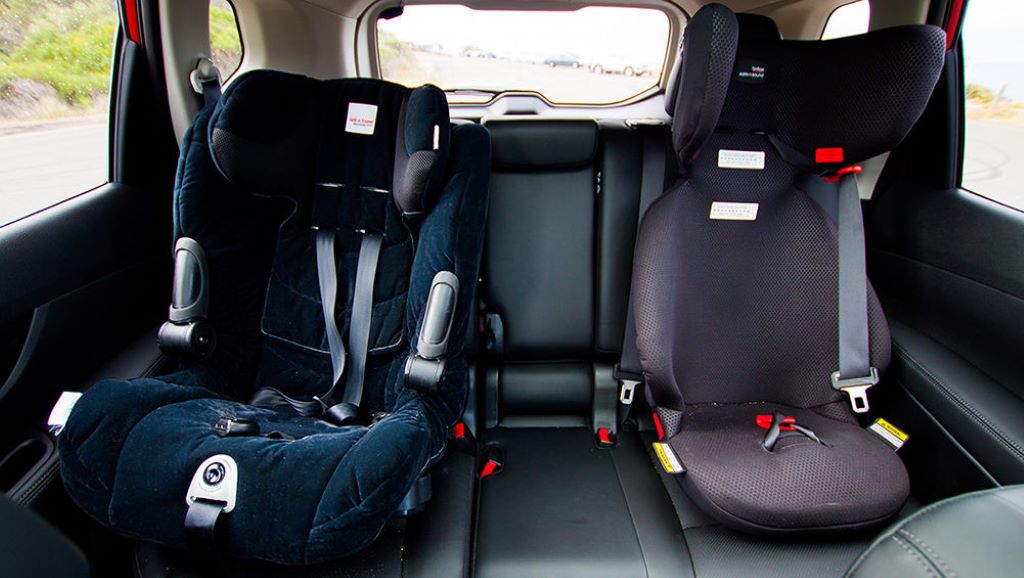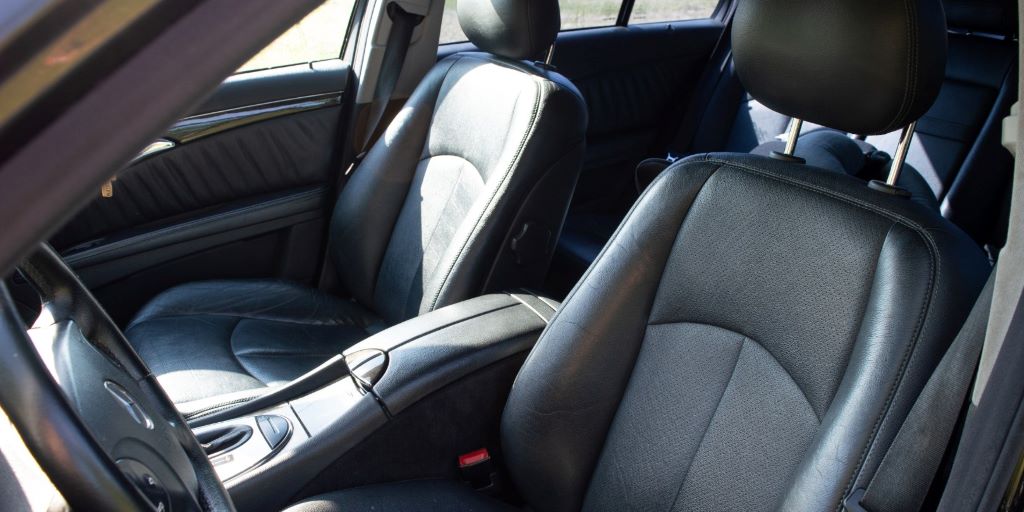Car seats are essential for keeping your child safe while on the road. They provide a secure and comfortable environment for your little one, protecting them from potential car accidents. If you want complete automotive care, it’s important to know that, like the use of any other product, car seats have an expiration date info available at https://ourautocity.com/. Many parents wonder how long their child’s car seat is good for and when they should replace it.
In this article, we will discuss how long car seats are good for, what factors determine their lifespan, and other important information that parents should know about car seat expiration.
Understanding Car Seat Expiration
Car seats have an expiry date because they are made of materials that can deteriorate over time. This deterioration can affect the seat’s ability to keep your child safe during a car accident. The expiration date is usually stamped on the car seat, and it is recommended that you replace your child’s car seat after this date has passed.

How Long Are Car Seats Good for?
The general rule of thumb is that a car seat lasts six to ten years. However, the exact lifespan of a car seat can vary depending on various factors such as its design, materials used, and how well it has been maintained. Some car seat manufacturers may provide a specific expiration date for their products, so it is important to check the label or manual for this information.
Factors That Affect Car Seat Lifespan
Wear and Tear
Wear and tear is one of the most significant factors affecting a car seat’s lifespan. The constant use of a car seat, exposure to sunlight and heat, and frequent cleaning can all contribute to its deterioration over time. It is important to regularly inspect your child’s car seat for any signs of wear and tear. It may be time to replace the seat if you notice any cracks or tears in the harness straps or the plastic shell.
Age of the Seat
As mentioned earlier, most car seats have a lifespan of about six to ten years. This is because the materials used in making the seat can start to degrade after this time. The plastic components of the seat may become brittle, and the harness straps may lose their elasticity, compromising the seat’s safety features.
Changes in Safety Standards
Safety standards for car seats are constantly evolving, and new regulations are put in place to ensure that children are better protected while on the road. This means that a car seat purchased several years ago may not meet the current safety standards. It is important to keep up with these changes and replace your child’s car seat if necessary. Additionally, it’s important to note the benefits of cars at https://ourautocity.com/electric-and-hybrid-cars/benefits-of-hybrid-and-electric-cars/ and how they can improve our daily lives.
How to Determine Your Car Seat’s Expiration Date
As mentioned earlier, most car seats have an expiration date stamped on them. It is usually located on the seat’s label or engraved into the plastic shell. However, you can contact the manufacturer for assistance if you cannot find this information. Here are a few guidelines to help you determine your car seat’s expiration date:
- Convertible car seats and all-in-one car seats typically have an expiration date of six to ten years.
- Infant car seats usually have a shorter lifespan of around six years. This is because they are often used more frequently than other types of car seats.
- Booster seats can last for up to eight years.
Remember, these are just general guidelines, and checking the label or manual for your specific car seat’s expiration date is essential.

When Should You Replace Your Child’s Car Seat?
Apart from checking the expiration date, there are other instances where you may need to replace your child’s car seat. These include:
- If your child has outgrown the car seat: Car seats have weight and height limits, and if your child exceeds these limits, it is time to move them to a different type of car seat.
- If the car seat has been involved in an accident: Even if there are no visible signs of damage, it is recommended that you replace the car seat after any moderate to severe car accident. This is because the impact may have caused internal damage that can compromise its safety features.
- If the car seat has been recalled: It is important to check for recalls on your child’s car seat regularly. If there are any safety concerns or defects, the manufacturer will usually issue a recall and provide instructions on replacing or fixing the seat.
General Tips for Car Seat Maintenance
Proper maintenance can help extend the lifespan of your child’s car seat. Here are a few tips to keep in mind:
- Follow the manufacturer’s instructions for cleaning and care.
- Do not use harsh chemicals or cleaners on the car seat, as they can damage the materials.
- Avoid leaving the car seat exposed to direct sunlight or extreme temperatures.
- Regularly check for any signs of wear and tear and replace the seat if necessary.
- Do not use a car seat involved in an accident, even if there are no visible signs of damage.
Conclusion
Car seats have an expiration date to ensure that they can effectively protect your child during a car accident. The lifespan of a car seat can vary depending on factors such as wear and tear, age, and changes in safety standards. It is essential to regularly check your child’s car seat for any signs of damage and replace it if necessary.
Remember, the expiration date is just one aspect to consider when determining if a car seat needs to be replaced. Always follow the manufacturer’s instructions and recommendations for properly using and maintaining your child’s car seat to ensure their safety while on the road.
FAQs
Q: Can I use a second-hand car seat?
A: It is not fine to use a second-hand car seat unless you are confident that it has never been involved in an accident, is within its expiration date, and meets current safety standards.
Q: Can I use a car seat beyond its expiration date?
A: No, it is not safe to use a car seat that has passed its expiration date. The materials may have degraded, compromising the seat’s safety features.
Q: How often should I check my child’s car seat for any signs of wear and tear?
A: It is good to check your child’s car seat every month for any signs of damage. However, you should also inspect it after any car accident or if your child has outgrown the weight or height limits.
Q: Does the expiration date of a car seat change depending on when I purchased it?
A: No, the expiration date is based on the car seat’s manufacturing date, not the purchase date.
Q: Can I use a car seat for multiple children?
A: Using a car seat for multiple children is not good unless it is within its expiration date and meets current safety standards. Each child should have their own properly sized and installed car seat for maximum protection.


